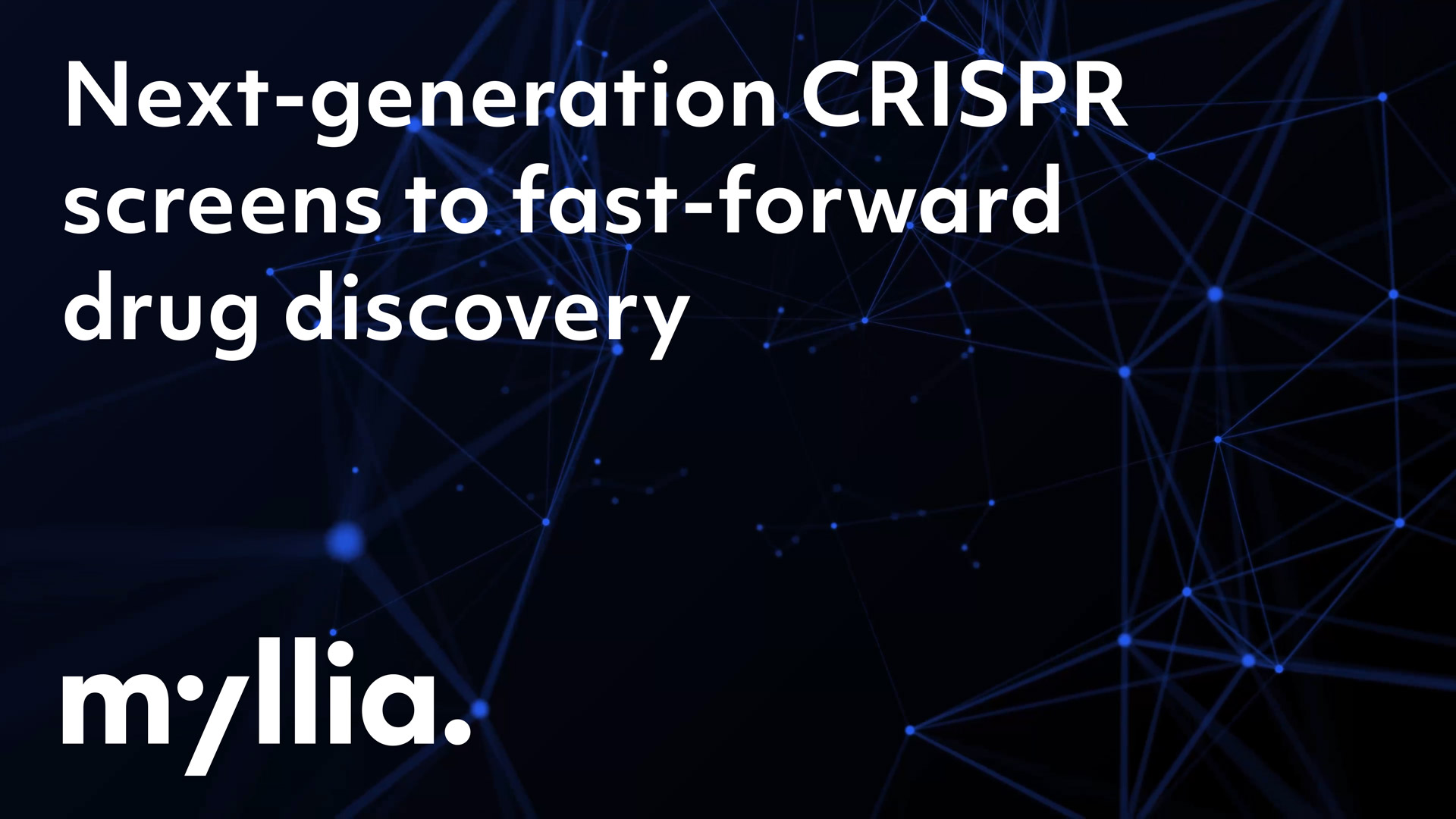CRISPR screens for immuno-oncology (IO) research
Utilize our tailor-made CRISPR screens to characterize your immuno-oncology drug candidates and CAR-T cell products

Accelerating immuno-oncology breakthroughs: Unleashing the power of CRISPR/Cas9 technology in drug target discovery
Introduction
In the ever-evolving landscape of cancer research, the convergence of CRISPR/Cas9 technology and immuno-oncology has sparked a revolution. As scientists strive to unlock the mysteries of the immune system’s role in combating cancer, CRISPR screens have emerged as a transformative tool, propelling drug target discovery to unprecedented heights. In this article, we delve into the profound impact of CRISPR/Cas9 technology on immuno-oncology research and how CRISPR screens are catalyzing breakthroughs in the quest for effective cancer treatments.
The CRISPR/Cas9 technology: A precision genome editing toolbox
At the heart of the immuno-oncology revolution lies the groundbreaking CRISPR/Cas9 technology, a precise and efficient genome editing tool. CRISPR, short for Clustered Regularly Interspaced Short Palindromic Repeats, in tandem with the Cas9 enzyme, allows scientists to edit specific genes with unprecedented accuracy. This capability opens new frontiers in immuno-oncology research by enabling the modification of immune cells to enhance their ability to recognize and attack cancer cells.
Unraveling immune responses: CRISPR screens in immuno-oncology (IO) research
CRISPR screens have emerged as a game-changing methodology within the realm of immuno-oncology. These screens involve systematically testing the function of genes within the immune system using CRISPR technology. By precisely editing genes associated with immune response, researchers can unravel the intricate mechanisms that regulate the immune system’s ability to recognize and eliminate cancer cells. This approach provides invaluable insights into potential drug targets for enhancing the body’s natural defenses against cancer.
Enhancing CAR-T cell therapies: CRISPR screens for regulators of T cell fitness
One of the most promising applications of CRISPR/Cas9 in immuno-oncology is the development of Chimeric Antigen Receptor T-cell (CAR-T) therapies. CRISPR screens enable researchers to optimize CAR-T cells by fine-tuning their ability to recognize and attack cancer cells while minimizing off-target effects. This precision immunotherapy approach holds immense potential for enhancing the efficacy and safety of CAR-T cell therapies in the treatment of various cancers.
Identifying immune checkpoints: CRISPR screens to decipher immune pathways
Immune checkpoints play a crucial role in modulating the immune response, and dysregulation of these checkpoints is often observed in cancer. CRISPR screens allow researchers to identify key immune checkpoint targets, providing a roadmap for developing targeted therapies that unleash the immune system’s full potential against cancer. This targeted approach holds promise for overcoming resistance mechanisms and improving the overall effectiveness of immunotherapies.
Expediting drug discovery: CRISPR screens for target identification (ID)
In the race against time to find effective cancer treatments, the speed of drug discovery is paramount. CRISPR screens excel in expediting the identification of potential drug targets by systematically evaluating the function of genes associated with immune response. This high-throughput approach significantly accelerates the drug discovery process, offering a strategic advantage in the dynamic and competitive field of immuno-oncology.
Leveraging CRISPR for immuno-oncology breakthroughs
To fully harness the potential of CRISPR/Cas9 technology in immuno-oncology, collaboration with experts in the field is essential. Leading research institutions and pharmaceutical companies are partnering with CRISPR screening service providers such as Myllia to leverage our expertise, cutting-edge technology, and collaborative spirit. By uniting forces, researchers can accelerate the pace of discovery and collectively contribute to the advancement of immuno-oncology treatments.
Conclusion
The synergy between CRISPR/Cas9 technology and immuno-oncology is propelling cancer research into a new era of precision and efficacy. CRISPR screens are unraveling the complexities of the immune system, providing a roadmap for the development of targeted therapies that hold the promise of transforming cancer treatment. As the scientific community continues to harness the power of CRISPR/Cas9 in immuno-oncology, the prospect of groundbreaking breakthroughs and more effective cancer treatments becomes increasingly tangible. The future of cancer research is illuminated by the precision and potential of CRISPR screens, offering hope to patients and researchers alike.
